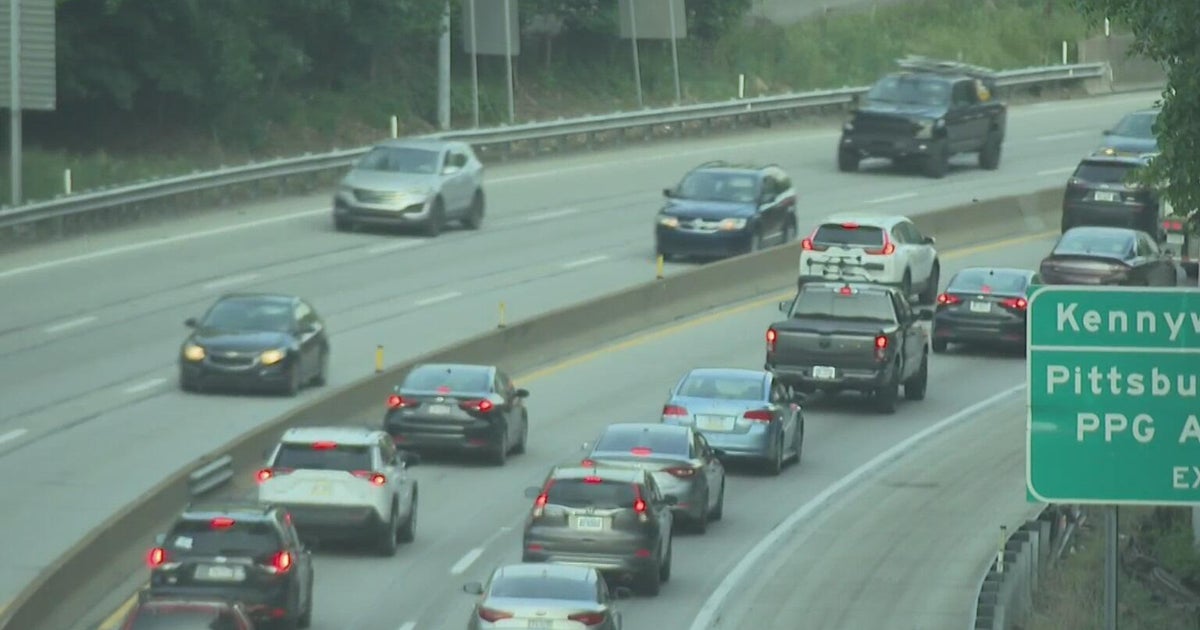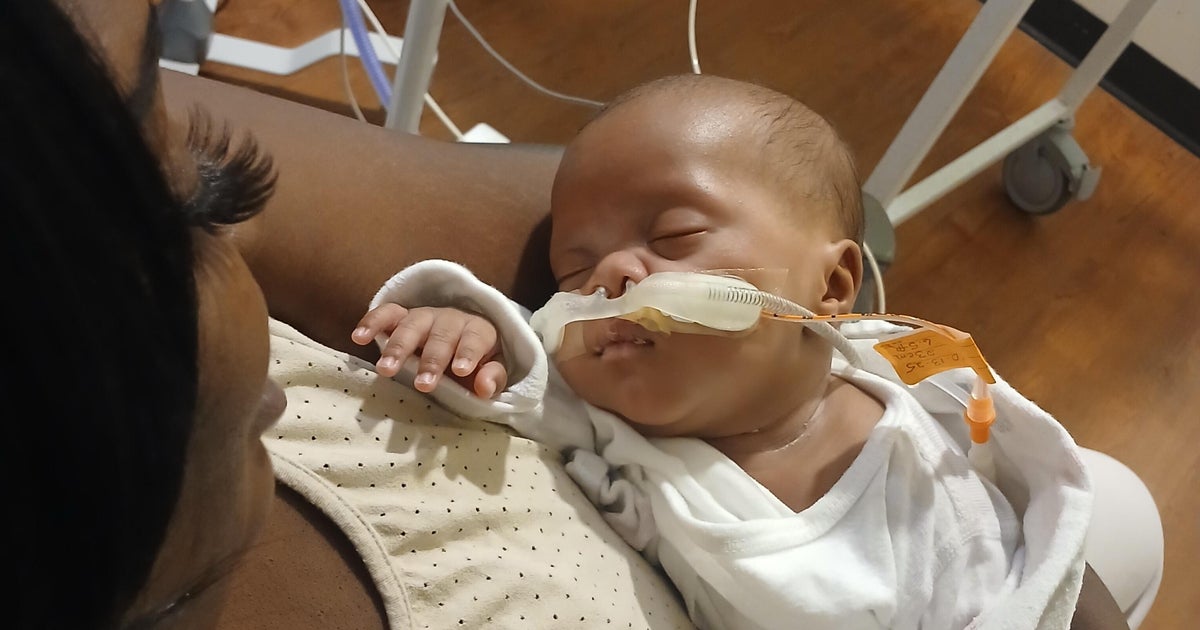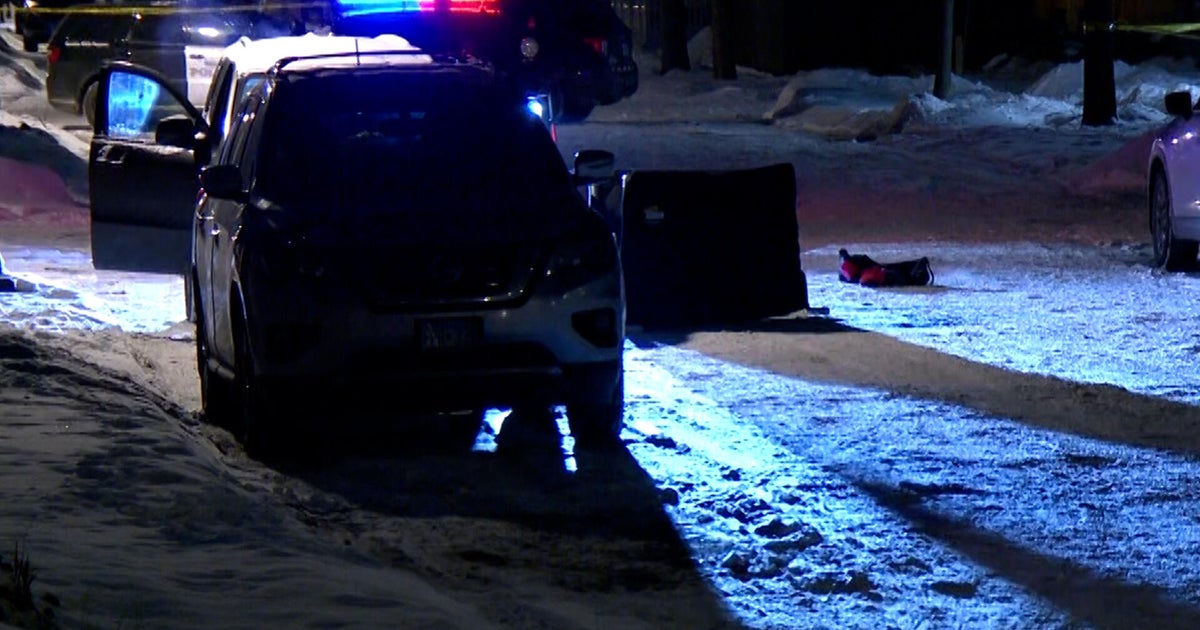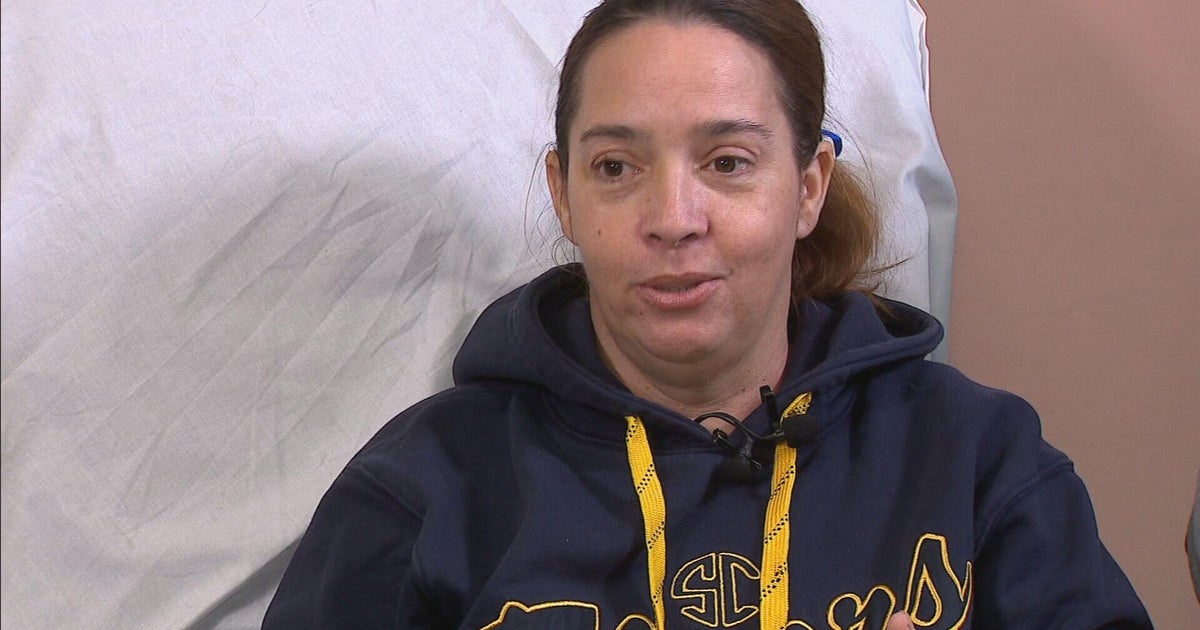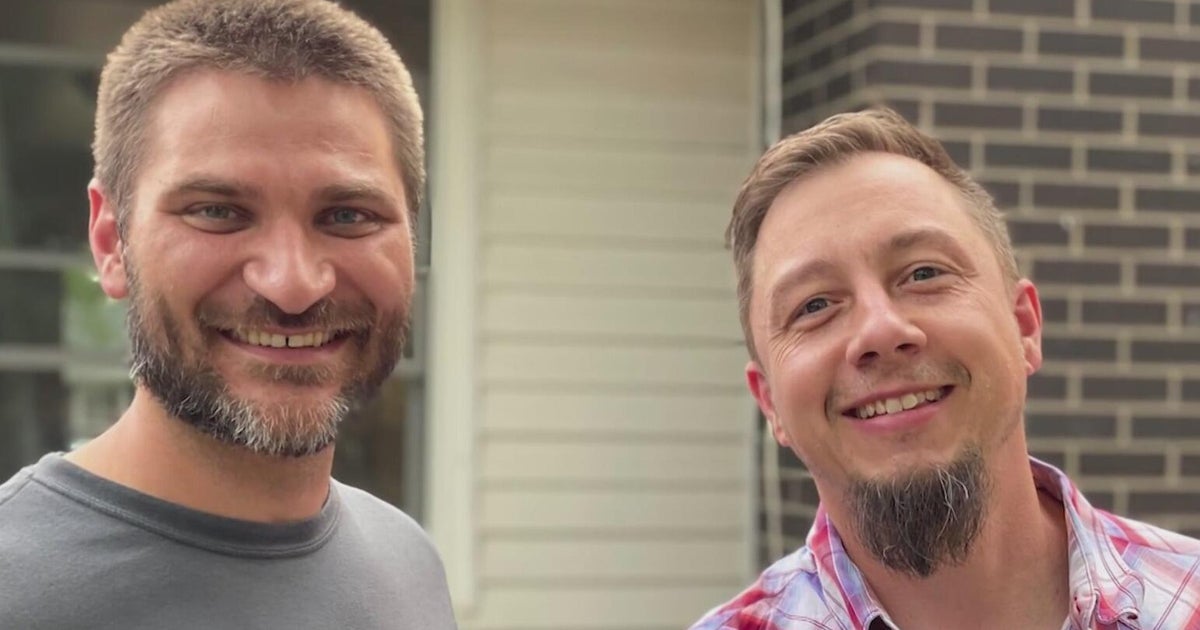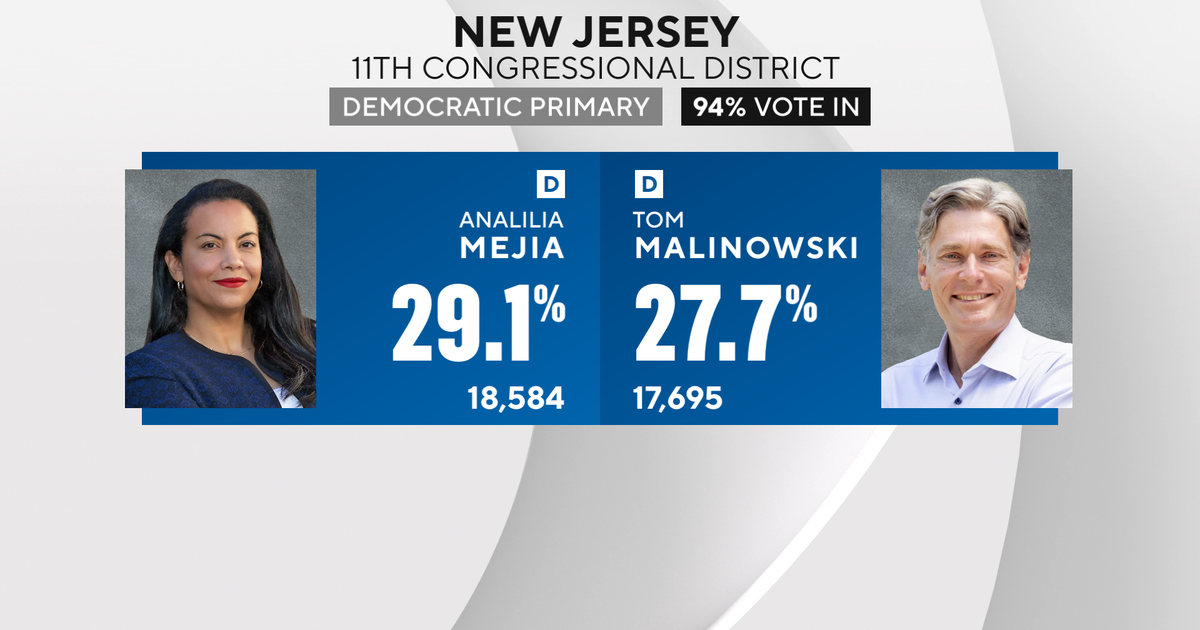Should The Good Samaritan Law Be Changed?
MINNEAPOLIS (WCCO) -- A state representative will look into changing Minnesota's good Samaritan law. The action comes on the heels of a WCCO story about Lauren Radziejewski. She is a nurse who felt like she paid a penalty for stopping to help after witnessing a car accident earlier this year.
"Certainly we want people to stop. You hope people will stop and in fact, you hear a lot of stories that people do stop," State Rep. Tina Liebling said.
Liebling wants to make sure Minnesotans continue caring after hearing the story of Radziejewski. The nurse practitioner witnessed a deadly car accident in late April and stopped to render aid.
"After EMS took over completely, I realized I was covered in blood," Radziejewski said. "After I washed the blood that was on my hands, I realized I was bleeding myself."
She had her blood drawn at Regions Hospital, where the victim also went, to ensure neither party had given the other an infectious disease. Then she got hit with a $900 hospital bill.
"A person is not only risking their own safety, but then they take a financial risk, too," Liebling said. "That really does seem very unfair. So we need to find a way where we can take care of that financial risk because of all the things a person should be thinking about when there's an emergency, it shouldn't be that."
Regions eventually waived the bill. Still, the Democrat wants to come up with a concrete way to make sure good Samaritans aren't ever liable for medical bills. Right now they're only immune from legal liability.
"I certainly will be looking at it and would like to see something happen and want to make sure that the next good Samaritan doesn't feel that they've been punished for taking that action," Liebling said.
One option Liebling is thinking about is creating a city, county or state fund to cover the medical expenses of good Samaritans who are hurt while helping. She also plans to look into it being covered by car insurance. That would only cover car accidents, not other instances where people may stop to help.
